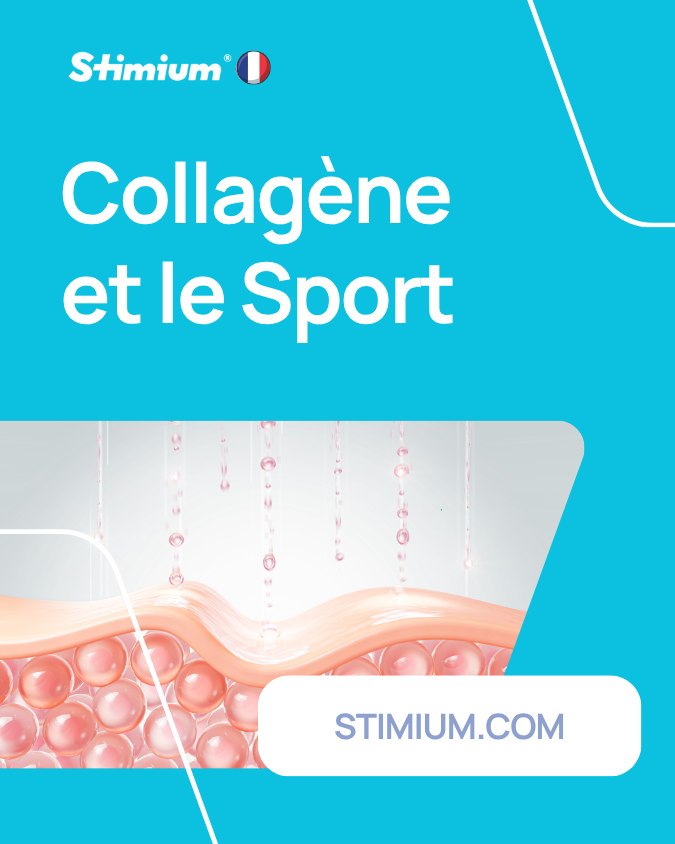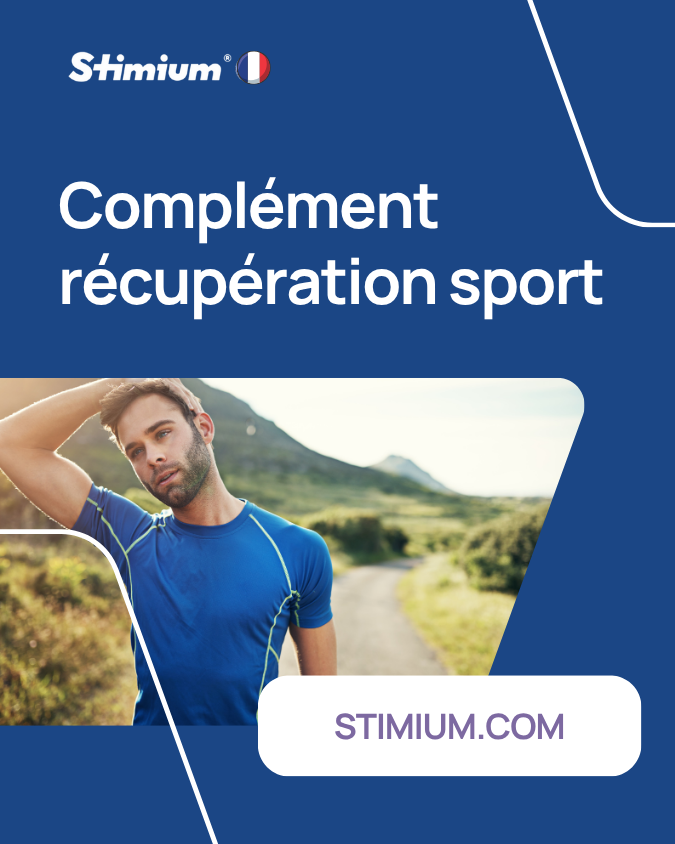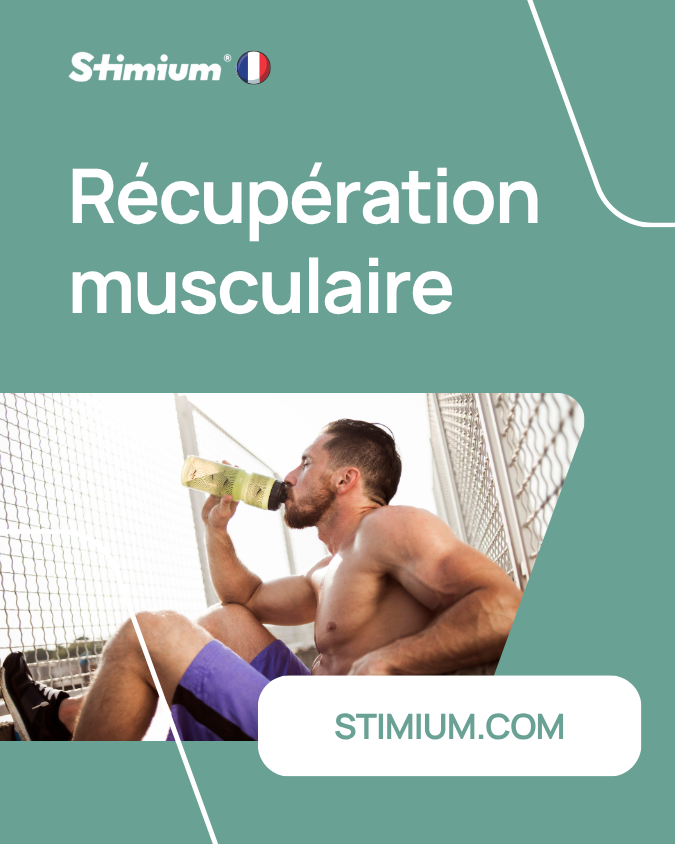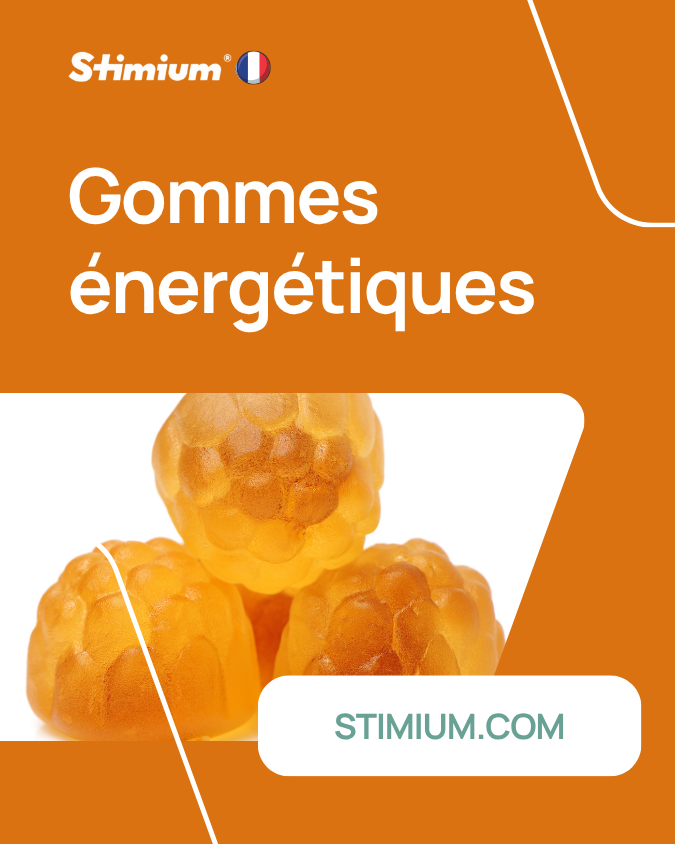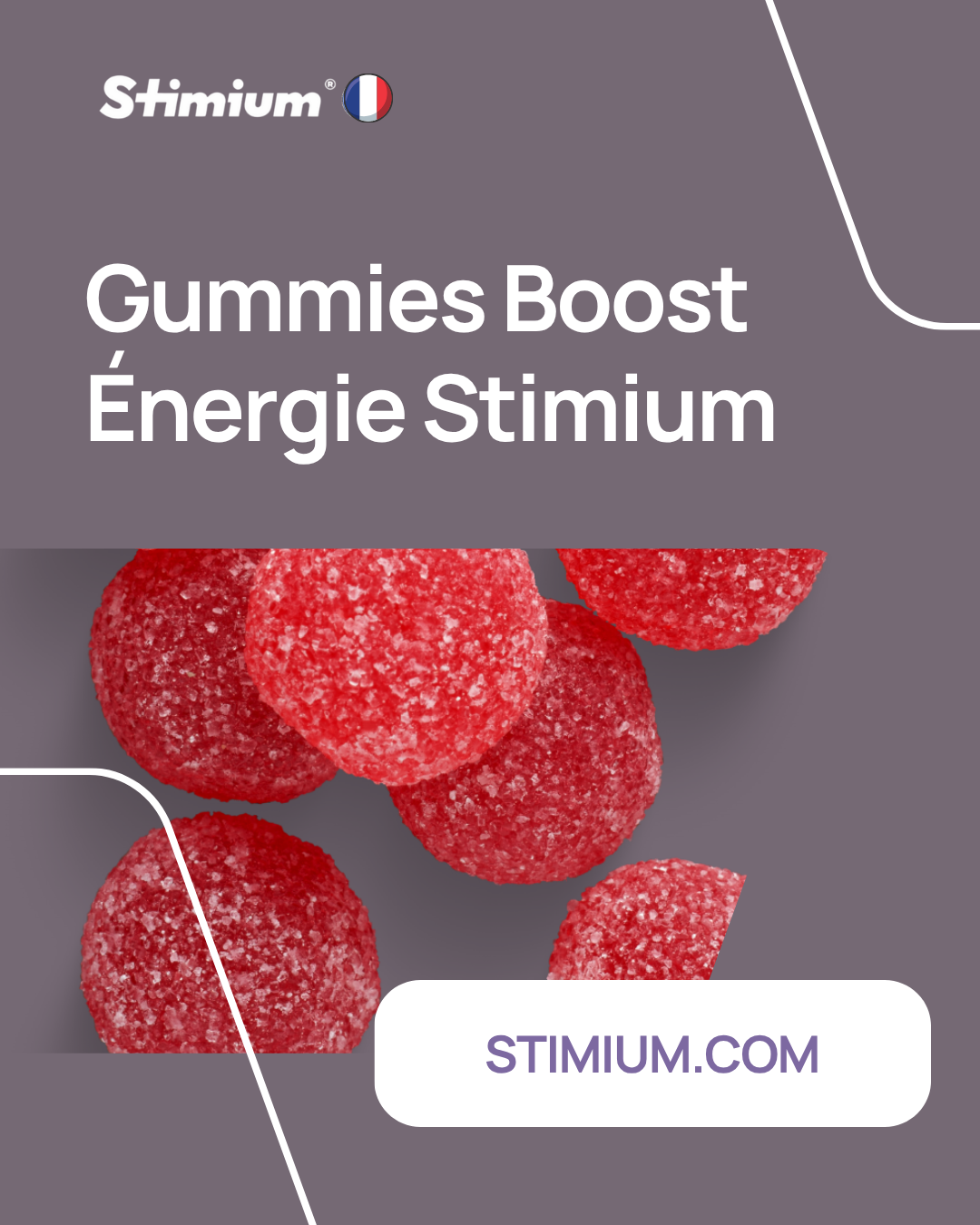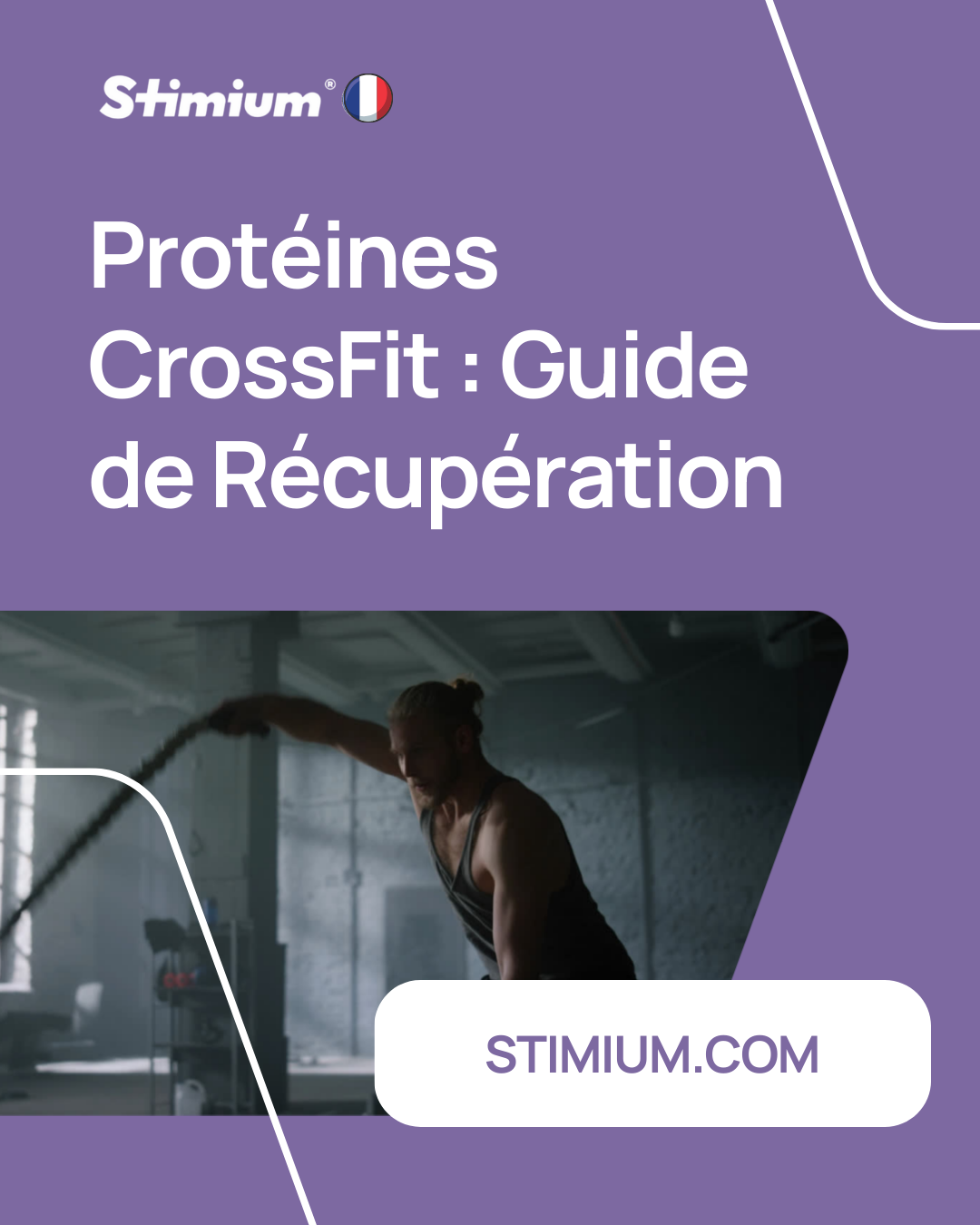6 tips for good recovery after sport
A fan of running, fitness, cycling, white water swimming or marathon running, you know well how important it is to recover when you have made an intense physical effort. It is during this complex phase that your body rests, adapts and improves its performance. To be sure to enjoy the best possible recovery, follow our 6 tips.
Hydrate well
During intense physical activity, the body sweats in order to regulate its temperature and ensure the elimination of waste from the body. It is therefore essential to drink during and after exercise if you wish to compensate for these water losses.
If the effort made during training has been very prolonged, it is even recommended to drink, in the hours that follow, up to a liter and a half of water, preferably alkaline¹.
You must ensure your daily hydration if you practice sport regularly and not wait until you are thirsty to drink, as this is already a sign of dehydration. If you have trouble drinking water right after your workout, you can opt for fresh fruits which provide you with fluids while recharging you with vitamins, anti-oxidants and minerals².
When we talk about sport and muscle recovery, we immediately think of stretching. They are generally part of the routine of a training program and would allow the muscles to recover better (3), especially when they are practiced immediately after the sports session. Be careful, this idea is now subject to controversy (4) and if you practice stretching after your sessions, they must be gentle and not cause pain or cause strains, or even more. The objective is to relax the tissue and muscle fibers. If in doubt, it may be interesting to see your osteopath to understand the movements to perform correctly to avoid making the situation worse.
This idea is now controversial (4) and if you do stretches after your sessions, they should be gentle and not cause pain. The goal is to relax the muscle tissue.
You can combine light stretching exercises with massages and self-massages which will help drain the muscle.
It may be interesting to consume Stimium GINGKO as a treatment, which in addition to improving circulatory functions, stimulates sports performance, via an increase in blood flow allowing an increase in nitric oxide (NO) concentrations and will help you resolve possible blood circulation problems which can in particular lead to pain, for example in the calf.
Consume protein
Prolonged physical exercise can induce muscle microlesions. During the recovery phase following prolonged and intense exercise, it is therefore advisable to consume proteins. These, taken during the anabolism phase, will promote muscle reconstruction.
According to the INSEP Nutrition and Sports Performance file, “[...] Muscle protein syntheses are optimized for dietary protein doses of around 20-25g. The combination of fast proteins (contained for example up to 20% in milk) and slow proteins (such as casein, which represents 80% of milk proteins) seems to represent the best compromise for optimizing this process of protein synthesis in the recovery phase of a strength exercise.”
This is particularly why taking Stimium® [C] Whey , Stimium® Iso Hwy or Stimium® VegPro is very important because the latter allow regular muscle building and improve recovery. Also our Stimium® Iso Carb Mix , rich in amino acids, to replenish glycogen and protein reserves and combat muscle pain.
Sport and recovery also go hand in hand with relaxation. After an intensive session, it is more than necessary to cool down. The activity, especially in “ultra” mode, tends to energize the body and it can prove difficult, once the session is over, to reduce nervous and muscular tension.
How to relax? Start by sitting down for ten minutes. Walk, chat and avoid rushing into your car right after your workout. Watch your breathing. You can even consider, if you wish, using meditation or yoga techniques to perfect this moment.
Do not hesitate to try Stimium GABA or Stimium Bacopa which will allow you optimal recovery in a logic of relaxation for physical and mental well-being with a real improvement in the quality of sleep.
Get enough sleep
There can be no effective recovery if you don't sleep well. Sleep is one of the keys to recovering well. The body recovers during phases of slow-wave and deep sleep (6). It is during this time that growth hormone is synthesized and acts to promote the repair of muscle tissue (6). It also seems that it is during the night that the immune system strengthens. It would therefore be particularly important for a regular athlete to sleep well. On the Stress/Sleep part, Stimium Ashwagandha , the most powerful natural physical anti-stress, can clearly provide athletes with the expected sleep, with antioxidant properties and aid in relaxation.
Trying Compression Garments
Recovery is prepared during exercise. This is why more and more athletes are using compression garments. These technical textiles promote better venous return and stimulate the lymphatic system (8).
They prevent swelling of the lower limbs, which are often heavily used during sports. Recovery of feet and legs is accelerated8. So there is no reason to do without it.
To fully benefit from the benefits of a sporting activity, it is essential to recover well. Sleep, diet, relaxation and compression socks are all tools you can use to promote this recovery. During a competition phase, you can also combine all these techniques with carefully chosen food supplements, they will help you. Ask your sports coach or a sports health professional for advice.
Stimium is the number 1 laboratory in France in the recovery segment, with in particular:
- Stimium Boost Powder , exercise drink, for a complete refill in the bottle with carbohydrates and vitamins during and after training sessions for more energy reserves.
-Stimium® Mc3 or Stimium® Mc3 sugar-free powder sticks based on citrulline and magnesium malate, to reduce the risk of cramps, and to combat muscle fatigue, after sessions, training and competitions.
- Stimium® Rgn3 Reload or Stimium® Rgn3 Clean-Up , isotonic recovery drink to replenish vitamins and minerals after exercise.
1 - The athlete's acid-base balance conditions performance, Dr Frédéric Maton
2 - SPORT AND HYDRATION - When should you drink more? - Véronique ROUSSEAU Sports Professor, INSEP Dietitian-Nutritionist
3 - Improve your recovery in sport, chapter 6: Stretching and release of joint constraints, Christophe Hausswirth, INSEP.
4 - Recovery and performance in sport, Improvement at high level through recovery. National Institute of Sport, Expertise and Performance (Insep), conference of December 10 and 11, 2009
5 - Improving your recovery in sport, chapter 8: Nutrition, Christophe Hausswirth, INSEP.
6 - Sport and sleep, Dr. P. Wotquenne, Health and Environment Service of the Province of Liège – Sports Medicine Department.
7 - Sleep at the bedside of immunity, INSERM.
8 - Compression Socks and Functional Recovery Following Marathon Running: A Randomizes Controlled Trial, The Journal of Strength and Conditioning Research
